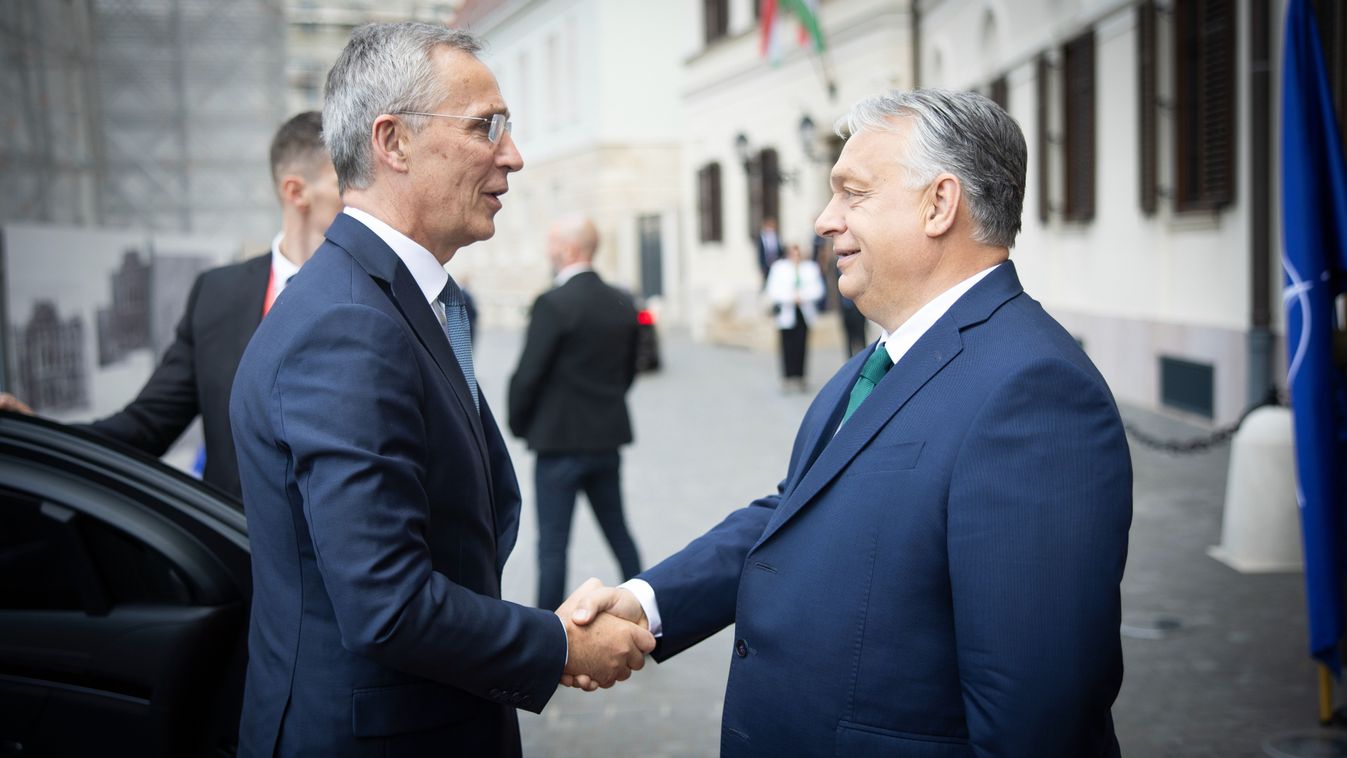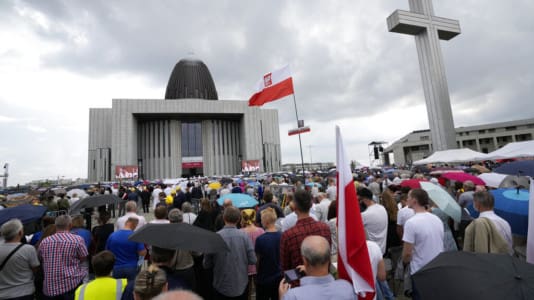Yesterday’s meeting between Viktor Orbán and Jens Stoltenberg ended in a predictable compromise. The prime minister came to the negotiating table with the mandate given to him by more than 2 million citizens who voted for the governing parties’ pro-peace EU parliament program the other day, and the NATO secretary general came with the commitment of the majority of the 32 allied member states to provide Ukraine with weapons and material support.
The essence of the compromise is that Hungary will not be disruptive, but neither will it participate in such cooperation, nor will it allow arms to pass through its territory, nor will it send troops. Only history will tell us in the near future whether we can stay out of the war in Ukraine, but assuming that what was said yesterday is reflected in the final document of the NATO summit in July, we can at least say that we have done everything we can to ensure we avoid this outcome.
It is worth drawing some conclusions. One is that NATO operates differently from the European Union. It does not have an institutional element, such as the European Commission or the European Parliament, which has risen above the member states.
The NATO secretary general has been in Helsinki and Riga in the last week, working on the same thing he is working on in Budapest: an acceptable text on Ukraine. Our NATO soldiers are respected throughout the Alliance, and we are not turning our backs on the commitments we made when we joined, but that does not mean that our country must submit to the will of others.
A further conclusion is that the current diplomatic solution, whereby our country does not prevent other member states from engaging with Ukraine, applies to a specific situation. It is not a blank check to agree to everything from now on.
So it does not automatically apply to Ukraine’s possible membership of NATO. Efforts on this front are said to be more muted within the alliance for now. Firstly, there should at least be the prospect of ending the war, and secondly, Ukraine should be transformed from an entity with an indeterminate territory and population — or at least a dubious governance structure — back into a real democratic country.
Even in this case, there will still be several unresolved issues, for Hungary, first and foremost, a reassuring resolution to the situation facing our fellow Hungarians in Transcarpathia, who are an ethnic minority in Ukraine.
In the end, without the consent of our country, Ukraine will not become a member of NATO.






